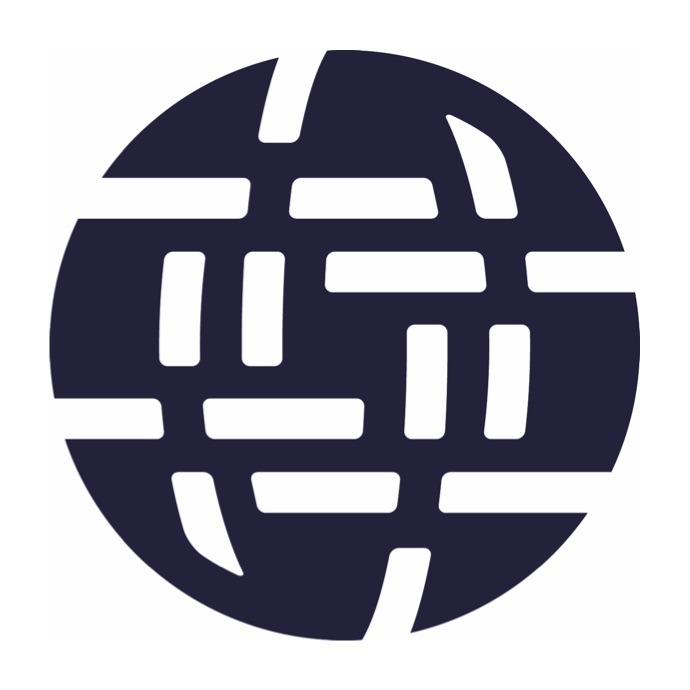Many governments in the world are imposing DNS blocking/filtering measures as solutions to fight illegal online content. Either we talk about child pornography, copyright infringement, drugs or online gambling, governments tend to choose this blocking measure as a universal solution. But how efficient this solution is? What are its benefits and what risks are involved? These issues were addressed during two workshops I attended yesterday: Blocking content: issues, principles and paths forward and Global principles for the stability and resiliency of the Internet.
It is generally agreed that illegal content must be fought against, but the technical community and the private sector are drawing attention on the fact that Internet blocking is not at all the best choice for law enforcement agencies, though it might seem to be the easiest solution to be adopted. Even more, it was argued that Internet blocking also affects the stability and security of the Internet, thus having unintended, harmful consequences.
Why is Internet blocking not an efficient solution and why it is harmful? Many arguments were presented during the two workshops and here are few of them:
- DNS blocking/filtering does not solve the problem, as blocking access to an website does not mean that the content simply disappears from the online space; on the contrary, it is only not accessible at a certain location, but it can be easily moved to a different one. The measure can, therefore, be avoided at all times.
- it has implications for privacy and security;
- it is incompatible with DNSSEC and undistinguishable from DNS attacks;
- it encourages Internet fragmentation/balkanization, affecting the universal resolvability of the Internet. Instead of having one global Internet, we move towards having a fragmented, country-by-country Internet;
- it may prevent people from accessing legal content, thus affecting people’s right to information. When an website is blocked because it hosts illegal content, access to the legal content hosted on the respective website is also blocked;
- it makes it even more difficult to attack the source of the problem, as it may function as an early warning system for criminals.
Having in mind all these downsides of Internet blocking, the best solution for addressing illegal content related problems would be to “attack” the illegal activities at source, through international cooperation. Instead of blocking access to illegal content, having that content removed and the perpetrators identified are the alternative approaches that need to be looked at more closely. And international cooperation is a prerequisite for the success of these approaches, as illegal content is something that goes beyond national borders and national legislation.
As a final note, and moving a bit forward from blocking online content, I will end this post with an interesting assertion that was made yesterday, during one of the workshops: “the more security measures are added to the core infrastructure of the Internet, the less resiliency and stability of this core infrastructure we would have”.
